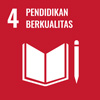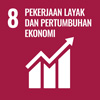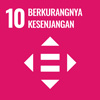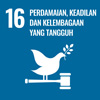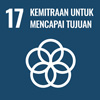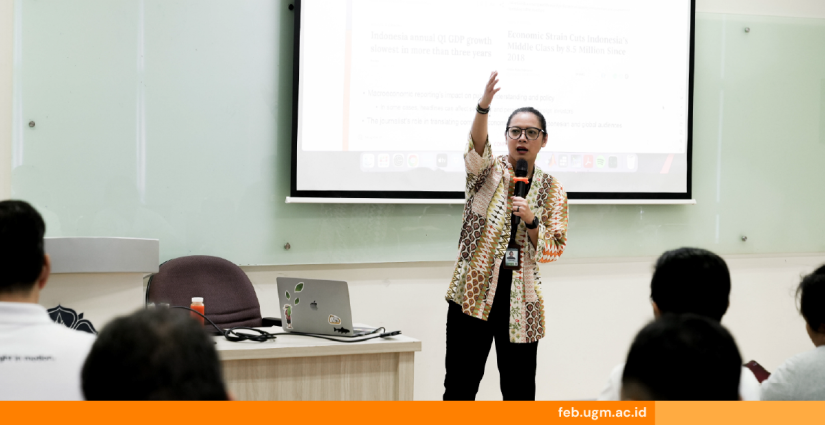
Have you ever read a news report about the rising price of a specific good in one region and concluded that inflation in Indonesia is currently high? Be careful — that might be a misleading assumption. Misinterpretations of economic data often occur in public discourse, particularly when micro-level data is generalized to represent macroeconomic conditions. These misinterpretations can distort public perception.
“One of the most common mistakes is using the price increase of a single item in a specific region to reflect the national inflation rate,” said Sekar Utami Setiastuti, Ph.D., Lecturer and Head of the Economics Undergraduate Program at the Faculty of Economics and Business, Universitas Gadjah Mada (FEB UGM), during a press briefing on Wednesday (May 14, 2025) at the Economic and Business Journalism Academy hosted by FEB UGM.
Sekar emphasized that using microeconomic data to represent macroeconomic conditions directly can be misleading.
During the session, Sekar also provided guidance on carefully considering economic growth projections. Different economists may offer varying forecasts, and international institutions such as the World Bank and the International Monetary Fund (IMF) frequently revise their estimates as new data emerges. This can be attributed to the dynamic and unpredictable nature of the economy, especially during periods of crisis. The ever-shifting patterns in economic behavior make macroeconomic forecasting inherently difficult.
To understand Indonesia’s macroeconomic landscape, several key indicators can be analyzed. One primary indicator is Gross Domestic Product (GDP) growth. Examining the growth patterns of GDP-contributing sectors helps identify which sectors are expanding or declining. For example, Sekar highlighted Indonesia’s low gross capital formation, reflecting a decline in public investment caused by budget efficiency measures. Meanwhile, government purchases of material goods are categorized under government expenditure.
Inflation is another important indicator of economic conditions. However, it is often misinterpreted. Not every price increase signals inflation. Inflation is measured by the rise in the Consumer Price Index (CPI), which accounts for a broad range of goods and services — not just a single commodity. Sekar illustrated how inflation can reflect broader economic crises. For instance, in 2020, during the COVID-19 pandemic, inflation remained low due to weakened consumer purchasing power following mobility restrictions rather than supply-side issues. This demonstrates how inflation can provide insights into the prevailing economic climate.
Lastly, the exchange rate is another key macroeconomic indicator. Public sentiment toward the government greatly influences currency value. Commenting on the weakening rupiah this year, Sekar addressed Bank Indonesia’s (BI) decision to refrain from raising interest rates. Instead, BI issued Bank Indonesia Rupiah Securities (SRBI) targeting non-bank investors, aiming to attract capital inflows.
In her closing remarks, Sekar underscored the crucial role of journalists in shaping public opinion and influencing societal perceptions. She urged journalists to be more discerning when reporting economic issues — especially in crafting headlines — to ensure they are not misleading and that the information remains accurate and reliable.
Report by: Najwah Ariella Puteri
Editor: Kurnia Ekaptiningrum
Sustainable Development Goals
